Design & Technology
In this section of the website, you will find information about our approach to teaching Design & Technology at Witton Gilbert Primary School. Design & Technology Subject Progression
Intent
Here at Witton Gilbert we have planned our curriculum so that our children make clear progress each year. They are continually revising and practising skills as well as acquiring new ones. We feel that it is important they are able to think critically and develop a more rigorous understanding of design and technology. In order to help us achieve this, we recently invested in the Design and Technology Association’s (DATA’s) nationally recognised Projects on a Page scheme.
Children will learn the following essential characteristics to help them become effective designers and technicians:
- To develop the creative, technical and practical expertise needed to perform everyday tasks confidently and to participate successfully in an increasingly technological world.
- To build and apply a repertoire of knowledge, understanding and skills in order to design and make high-quality prototypes and products for a wide range of users.
- To critique, evaluate and test their ideas and products and the work of others.
- To understand and apply the principles of nutrition and learn how to cook.
Over the last year, our teaching and learning procedures have been updated and improved; the focus for our very youngest children is to embed solid key skills, such as: learning how to cut safely using scissors, explore a range of joining adhesives and plan what they’d like to make before they start. As children progress through school, those skills become more sophisticated through a series of projects.
Due to disruptions brought about by Covid 19, our older children’s lessons feature recapping of some basic skills to ensure they are fully embedded.
Each lesson is designed to give children an opportunity to gain a solid understanding of what DT is through examining and exploring existing products, practising new skills, applying these skills, improving skills previously learnt, evaluating, analysing our finished products and considering possible improvements.
Three times a year over the course of each academic year, every class will focus on a specific project. During this time, they use their maths, English, science and computing skills to enhance their DT work. This allows children to focus their attention and work for longer periods of time.
SEND children in our school are supported in their learning across the curriculum: 1:1 and small-group support is given when needed. Lessons are also adapted for those children who are working at greater depth in DT.
Intent Linked to our School Values
Childhood and PlayThrough D&T, we want to provide first hand opportunities for children to explore new skills, investigate various techniques and develop a passion for creating projects from scratch. This is embedded in early years and foundation stage, concentrating on cutting and sticking. These skills continue through the key stages, establish a feeling of play and discovery throughout.
Respect for Ourselves and our Environment
Here at Witton Gilbert we consider the use of recycled materials when developing our projects.Equality and Diversity
Our school is committed to ensuring that all children will have access to an exciting, appropriate and inspiring curriculum that will support their progress and achievements. Children will consider the contribution of people from different backgrounds to Design and Technology.
Perseverance and Resilience
Whilst developing new skills and techniques children will encounter challenges and setbacks. Children at Witton Gilbert primary school are encouraged to develop perseverance and resilience skills in order to succeed.
Collaboration and Cooperation
Many DT tasks and activities involve groups of children working in collaboration. They must work together to investigate, design and create projects to the correct specifications.
Implementation
The teaching and implementation of the design and technology curriculum at Witton Gilbert Primary School is based on the National Curriculum and supported by DATA’s Projects on a Page documents.
Long term:
Our long-term overview is designed so that children encounter a balanced ‘diet’ of the different areas of the design and technology curriculum as they progress through Witton Gilbert: mechanics, structures, food, textiles and electronics. These are scheduled to complement other areas of the curriculum as appropriate.
Medium term:
Design and technology units are ‘blocked’ to ensure projects are able to be seen through to a suitable conclusion. These take place each term and planning is provided from the Projects on a Page documents, which outline the knowledge and skills covered.
Short term:
Teachers break down Projects on a Page into individual lessons taught as a block over a number of days.
Cultural Capital in Design and Technology
Cultural Capital is the accumulation of knowledge, behaviours, skills and experiences that gives us the confidence to be able to talk, communicate, progress and take a full part in our community and wider world. At Witton Gilbert Primary school, we promote equality through our commitment to developing cultural capital for all our children.
During their time at Witton Gilbert Primary School, they will also experience:
- Learning about and becoming more familiar with key figures and design work locally, nationally and internationally.
- Visits to museums and galleries
Impact
We measure the impact of our curriculum through the following methods:
- A reflection on standards achieved against the planned outcomes (referring to the National Curriculum)Termly teacher assessments recorded on knowledge batons
- Pupil voice
- Internally moderating our books and practical work
- An assessment judgement will be reached using a combination of the Projects on a Page Assessment Framework (which outlines key knowledge for each unit)
- Evidence from activities and learning in DT lessons rather than through a written test

